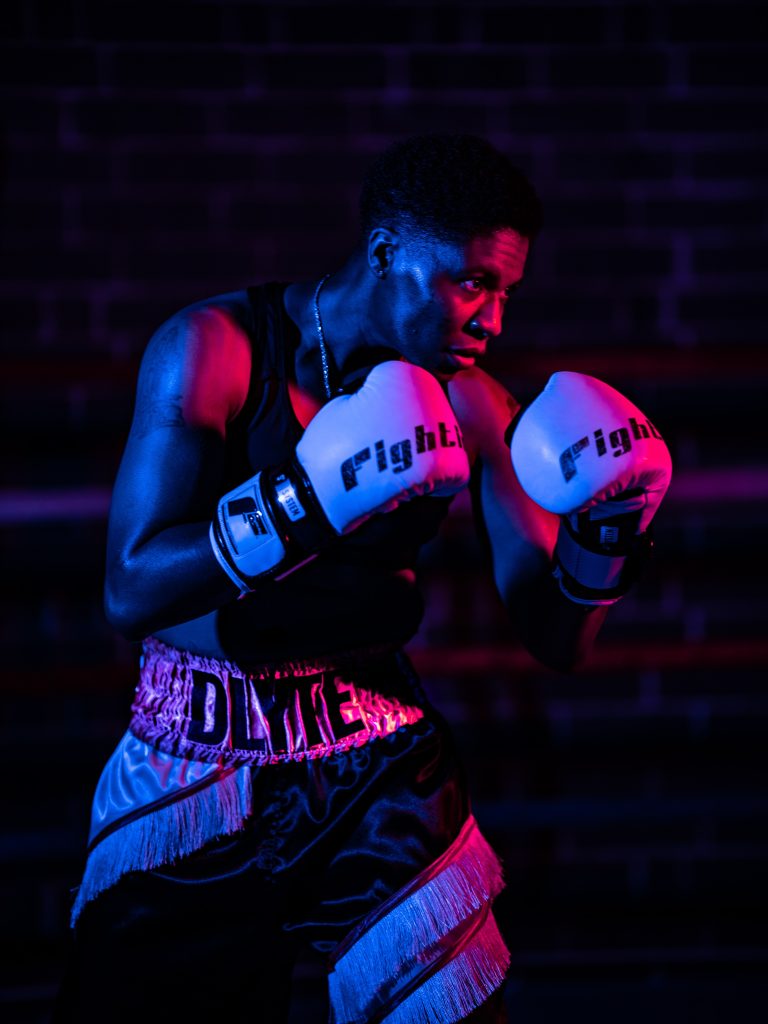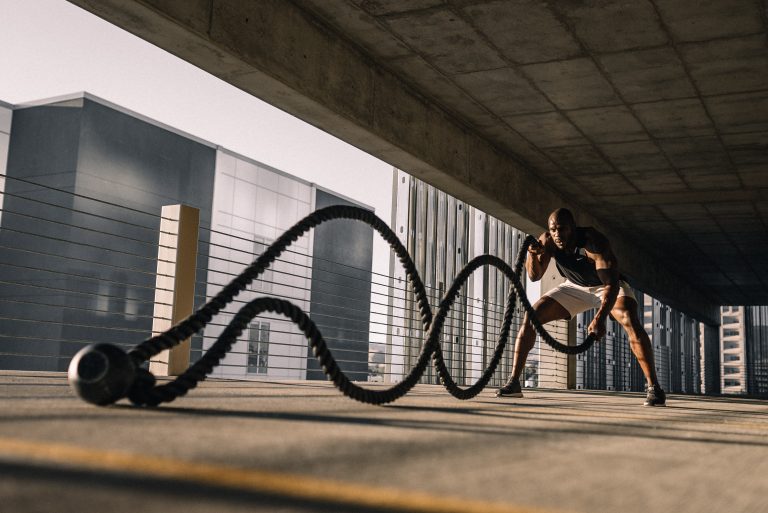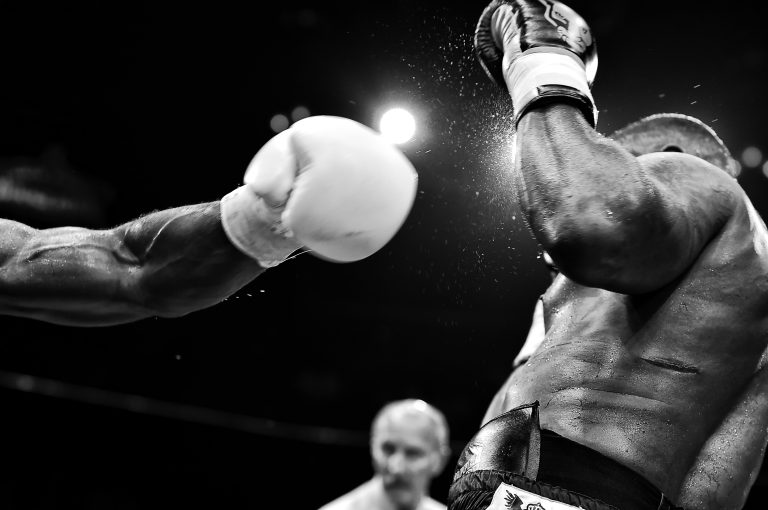Can You Practice Karate Alone at Home?
Karate is a traditional martial art that originated in Okinawa, Japan. It involves a combination of kicks, punches, strikes, and blocks. Learning karate requires hard work, dedication, and commitment. Many people are interested in practicing karate, but they are not sure if they can practice it alone at home. In this article, we will explore this question and provide some tips for practicing karate alone.
The Benefits of Practicing Karate Alone
Practicing karate alone at home can be beneficial for several reasons. First, it allows you to take your time and focus on your technique without any distractions. You can also practice at your own pace and adjust the intensity of your workout based on your fitness level. Additionally, practicing alone can help you build strength, improve flexibility, and enhance your overall physical fitness.
The Challenges of Practicing Karate Alone
While there are many benefits to practicing karate alone, there are also some challenges. One of the biggest challenges is that you do not have a partner to practice with. This can make it difficult to practice techniques that require a partner such as sparring or grappling. Additionally, practicing alone can lead to bad habits and incorrect technique if you are not careful.
Tips for Practicing Karate Alone
If you are interested in practicing karate alone at home, there are several tips that can help you get started.
First, it is important to warm up properly before beginning your practice session. This will help prevent injury and prepare your body for the workout.
Second, you should have a plan for your practice session. This should include specific techniques that you want to work on and a set amount of time for each technique.
Third, you should use mirrors or video equipment to check your form and technique. This will allow you to see any mistakes you are making and make corrections.
Fourth, you can simulate a partner by using a heavy bag, a punching dummy or a pillow. This will allow you to practice your strikes and kicks as if you were sparring with a partner.
Finally, you should always be mindful of your limitations and avoid pushing yourself too hard. If you experience any pain or discomfort, stop your practice session and consult a medical professional.
Conclusion
In conclusion, practicing karate alone at home can be a great way to improve your technique, enhance your physical fitness, and maintain your skills. However, it is important to be aware of the challenges and use proper techniques to avoid injury and maintain good form. By following the tips outlined in this article, you can practice karate alone at home and achieve your goals.
Can You Practice Karate Alone at Home? FAQs
Karate is an ancient Japanese martial art that originated from Okinawa, Japan. It is a popular sport that requires a lot of practice, focus, and discipline. Due to the recent pandemic situation, many karate enthusiasts wonder if they can practice karate at home alone. In this post, we will answer some frequently asked questions about practicing karate alone at home.
1. Is it possible to learn karate alone at home?
It is possible to learn karate alone at home, but it is not recommended. Karate is a fighting sport that requires sparring with an opponent. Practicing alone may help you in improving your technique, stance work, and katas. However, it will not help you with fighting skills, as you will not be able to learn how to defend or attack against a real opponent.
2. What are the benefits of practicing karate alone at home?
Practicing karate alone at home can have some benefits, such as:
- Improving your form, technique, and balance.
- Building muscle memory to perform techniques correctly.
- Developing self-discipline and focus.
- Staying active and healthy.
3. What are the drawbacks of practicing karate alone at home?
Practicing karate alone at home can have some drawbacks, such as:
- Not having a partner to spar with, which can lead to not learning how to fight or defend yourself in a real-life situation.
- Not being able to receive feedback from a teacher or sensei to correct mistakes and improve technique.
- Lack of motivation and accountability because you do not have a sensei or partner to push you to train harder.
- Possible injuries due to practicing without supervision.
4. How can I practice karate at home?
If you decide to practice karate at home, there are some things you should keep in mind. Here are some tips:
- Find a space that is big enough for you to move and practice freely.
- Warm-up before you start training to reduce the risk of injuries.
- Focus on your technique and form. Practice katas, stances, and basic techniques.
- Record your training sessions to review your technique and correct mistakes.
- Set a schedule and stick to it. Discipline is key to improve your skills.
5. Can I get a black belt by practicing karate alone at home?
No, it is unlikely that you will be able to get a black belt by practicing karate alone at home. Earning a black belt requires passing a test that includes sparring with an opponent, and it is unlikely that you will be able to find a qualified examiner to test your skills if you only practice alone at home.
Conclusion
In conclusion, practicing karate alone at home can have some benefits, but it is not recommended if you want to learn how to fight and defend yourself in a real-life situation. Karate requires sparring with an opponent, and it is essential to have a partner and a trained sensei to provide feedback, motivation, and accountability. If you decide to practice karate at home, make sure to focus on your technique, form, and discipline. So, it is better to join a dojo or a karate class as soon as possible to improve your skills more effectively.
Inhaltsverzeichnis






